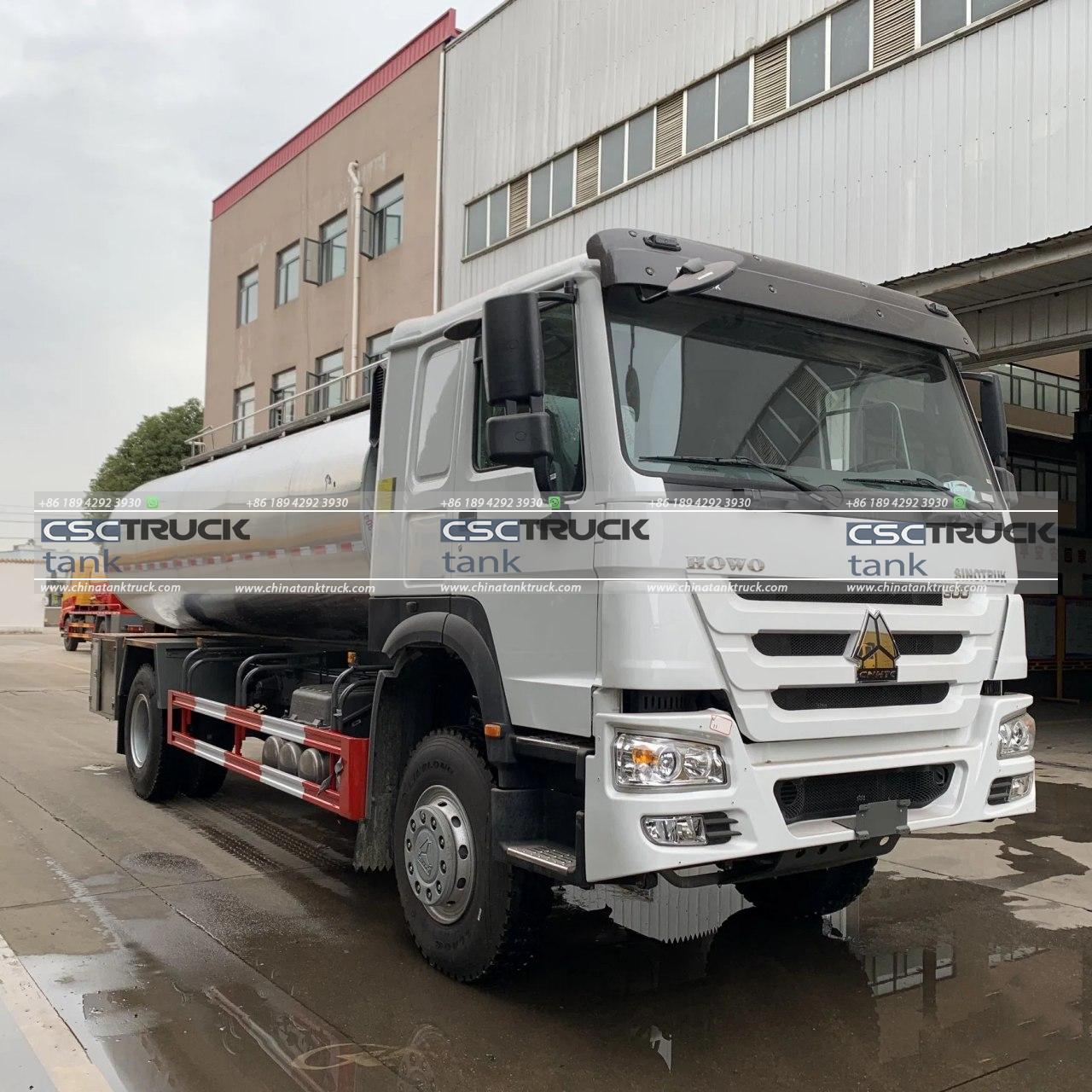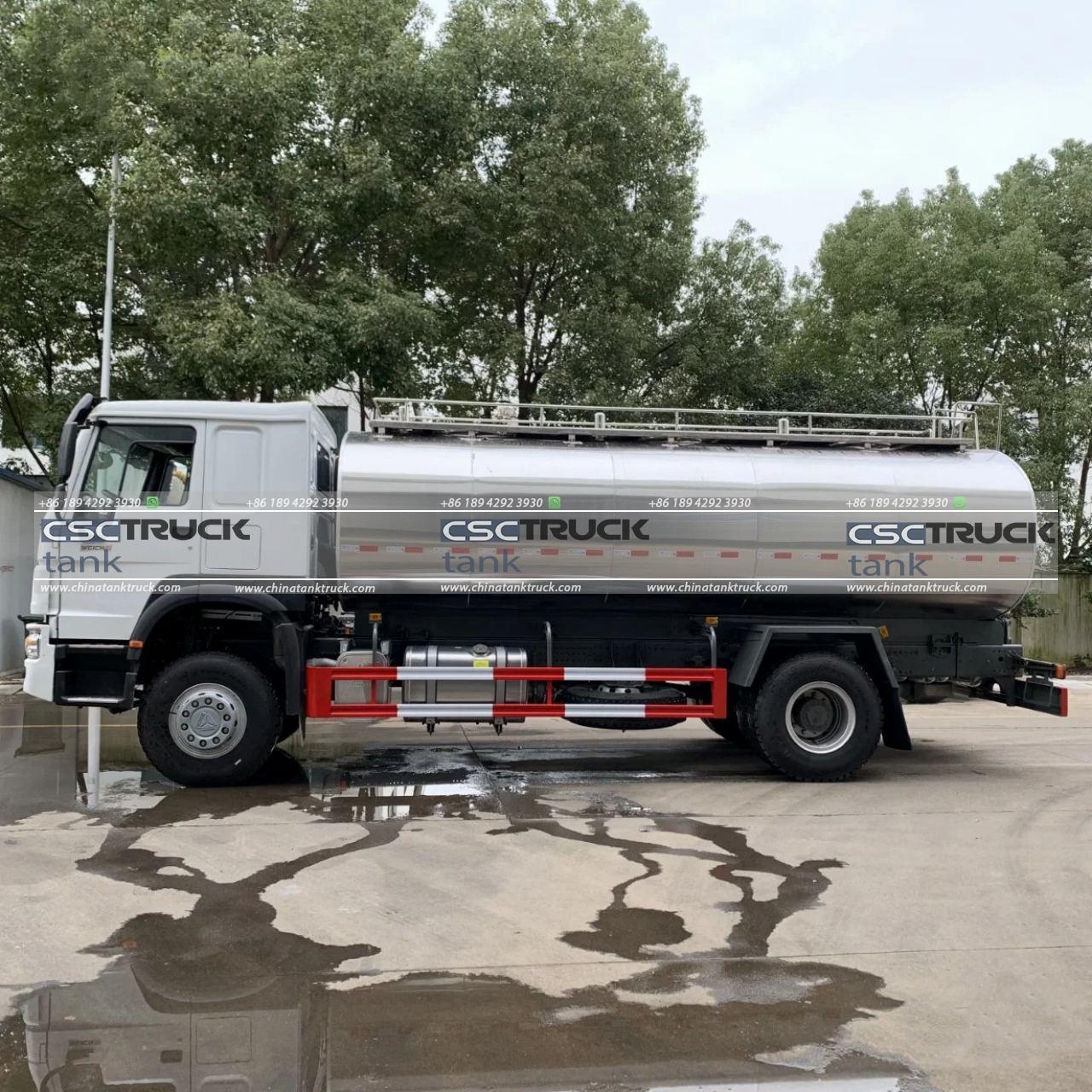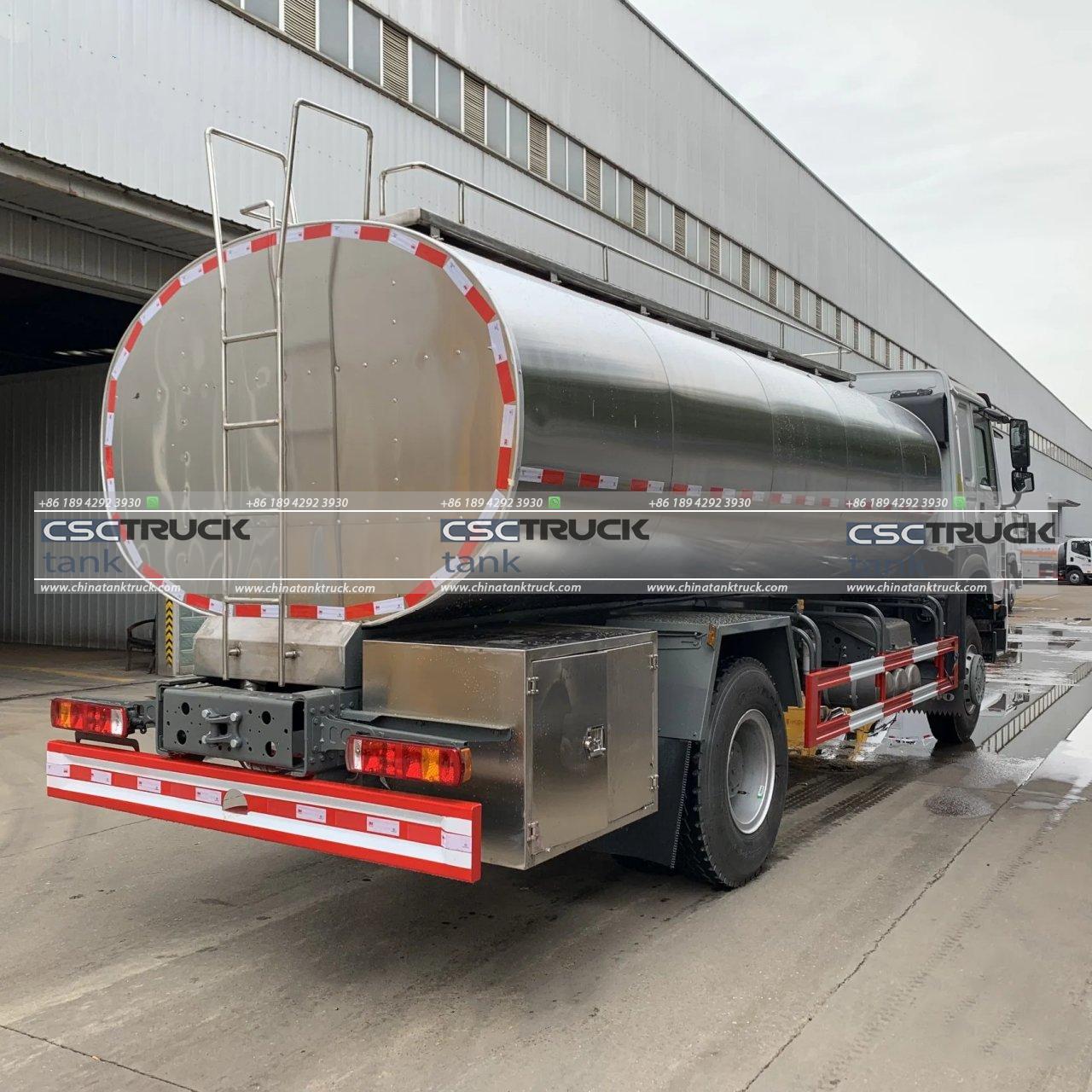What is a Water Tanker Truck?
Water tanker trucks are essential vehicles designed to transport and deliver large quantities of water from one location to another. They play a crucial role in various industries and contexts where access to clean water is limited or where water needs to be efficiently transported over land. These specialized trucks come in different sizes and configurations, tailored to meet specific needs ranging from emergency relief efforts to industrial applications and municipal services.
The Purpose and Importance
The primary purpose of a water tanker truck is to provide a mobile means of transporting water. This becomes crucial in situations such as:
– Emergency Relief: During natural disasters like floods, droughts, or earthquakes, water tanker trucks are deployed to deliver safe drinking water to affected communities where regular water supplies may be disrupted.
– Construction Sites: Construction projects often require large quantities of water for activities like concrete mixing, dust suppression, and other site operations. Water tanker trucks ensure a steady supply of water on-site.
– Remote Areas: In rural or remote areas without direct access to piped water systems, tanker trucks deliver water for domestic use, agriculture, or livestock.
– Firefighting: Some water tanker trucks are equipped to support firefighting efforts by providing a readily available water source to combat fires in areas without hydrants or accessible water bodies.

Types of Water Tanker Trucks
Water tanker trucks come in various types, each designed for specific purposes:
– Rigid Tankers: These are the most common type, featuring a rigid chassis with a tank mounted on the back. They range in size from small units with capacities of around 1,000 liters to large trucks capable of carrying over 30,000 liters of water.
– Articulated Tankers: Also known as semi-trailers, these consist of a tractor unit pulling a separate tank trailer. They offer greater flexibility and larger capacities, making them suitable for long-distance transport or heavy-duty applications.
– Multi-purpose Tankers: Some tanker trucks are designed with compartments or capabilities to transport different types of liquids besides water, such as chemicals or fuel, with appropriate safety measures in place.
Construction and Components
A typical water tanker truck consists of several key components:
– Tank: The tank itself is usually made of materials like stainless steel or polyethylene, chosen for their durability and corrosion resistance. Tanks may also be insulated or coated to maintain water quality and prevent contamination.
– Pump System: A pump system is integral for loading water into the tank and for dispensing it at the destination. Pumps can vary in capacity and may include features for high-pressure delivery or controlled discharge.
– Control Systems: Modern water tanker trucks often include advanced control systems for monitoring water levels, managing pumping operations, and ensuring safe transport.
– Safety Features: Given the nature of their cargo, water tanker trucks are equipped with safety features such as emergency shut-off valves, spill containment systems, and reflective markings for visibility.

Operational Considerations
Operating a water tanker truck requires specialized training and adherence to safety protocols:
– Loading and Unloading: Proper procedures must be followed to ensure that the water is loaded safely and delivered without contamination or spillage.
– Maintenance: Regular maintenance of the tanker truck and its components is essential to ensure reliability and prevent breakdowns that could compromise water delivery operations.
– Regulations and Standards: Depending on the region and application, water tanker trucks must comply with local regulations and standards regarding water quality, vehicle safety, and environmental protection.
Environmental and Sustainability Considerations
While water tanker trucks provide vital services, their operation can impact the environment:
– Fuel Consumption: Trucks powered by fossil fuels contribute to carbon emissions, prompting some operators to explore alternative fuels or hybrid technologies.
– Water Conservation: Efficient water management practices, such as using tanker trucks for rainwater harvesting or recycling water from industrial processes, contribute to sustainability efforts.

Conclusion
In conclusion, water tanker trucks are versatile vehicles that fulfill critical roles in water transportation across various sectors. From emergency relief operations to everyday industrial and municipal applications, these trucks ensure that water reaches where it is needed most. As technologies and environmental concerns evolve, so too will the design and operation of water tanker trucks, aiming to improve efficiency, safety, and sustainability in water delivery systems worldwide.

